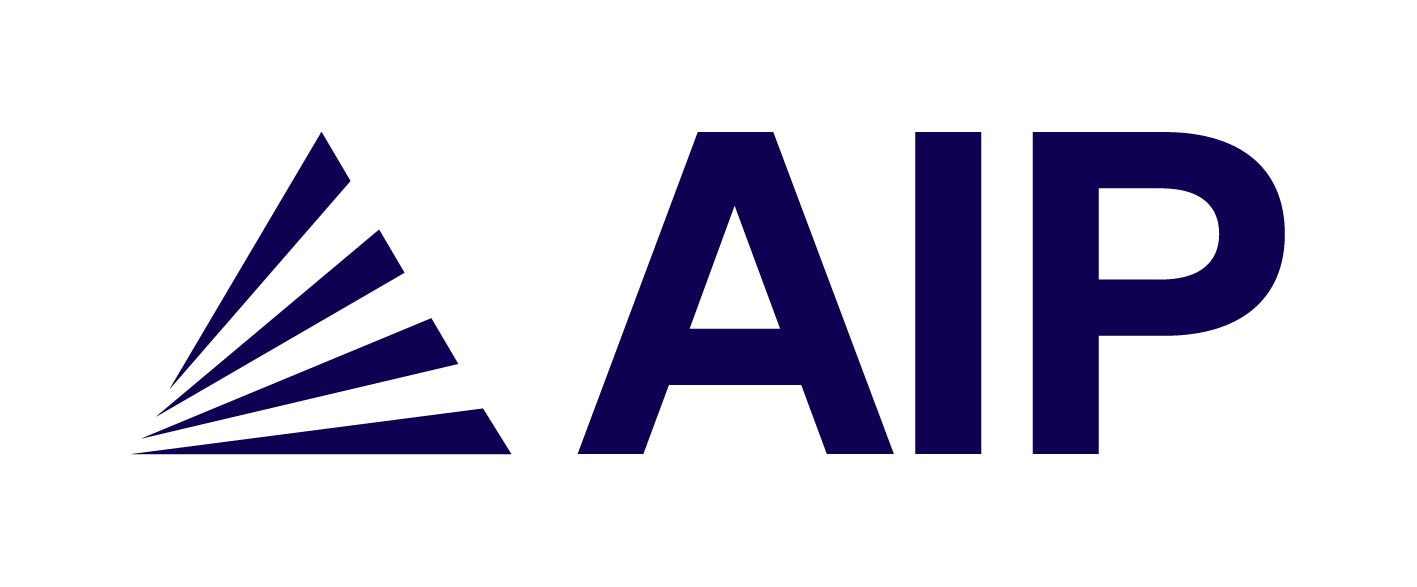Newswise — The American Physical Society (APS) is revamping publication standards to make Physical Review Letters (PRL) more selective and more efficient. PRL is already one of the world's leading journals of physics, but the procedural changes that go into effect July 1, 2009 will produce PRL issues that include fewer, higher quality papers than have been typical of the journal in recent years.
The effort is intended to reaffirm the PRL editors' commitment to ensuring that readers learn about all the latest significant developments in physics research. To accomplish this, the PRL editors note, the journal must publish only the best papers, must not turn away suitable papers, and must act with reasonable promptness.
"The present PRL could do better in these areas," write the journal editors in the July 3, 2009 issue of PRL, "and thus we must move toward a journal that is more selective and more efficient. To do this we will reinvigorate application of the criteria of importance and breadth of interest for published Letters. We intend a reaffirmation of the standards that have been in place, but which, for various reasons, have been applied with variable rigor over the years. As we do this we will aim, insofar as is feasible, to make editorial decisions quickly, to speed both publication of accepted Letters and the shift to other journals of papers not accepted. Finally, we expect that a renewed community focus on the basis for PRL criteria will lead to a better manuscript selection process."
The renewed standards will limit publication to papers that substantially advance a particular field, open a significant new area of research, or solve a critical outstanding problem. The changes will be brought about through revisions to the journal's policies and practices, as well as revamped guidelines for referees evaluating journal submissions. The editors expect that many papers that might have been included in PRL under previous practices will be transferred for consideration in more specialized Physical Review journals.
An editorial outlining changes to PRL is available online at http://prl.aps.org/edannounce/PhysRevLett.103.010001#c1.
For further information regarding PRL policy changes, contact
Reinhardt Schuhmann
(631) 591-4000
About APS
The American Physical Society is the leading professional organization of physicists, representing over 47,000 physicists in academia and industry in the United States and internationally. APS has offices in College Park, MD, Ridge, NY, and Washington, DC.
